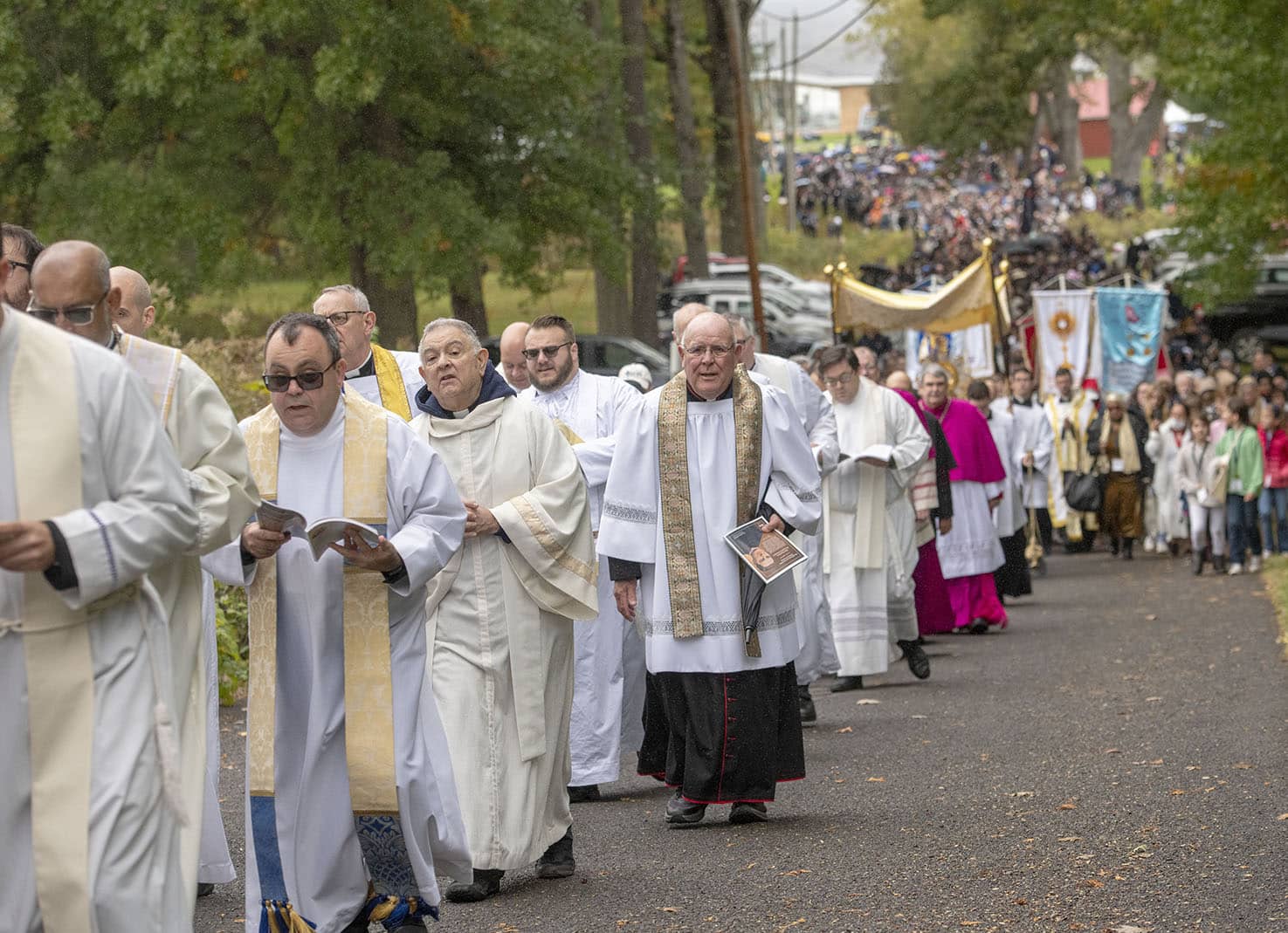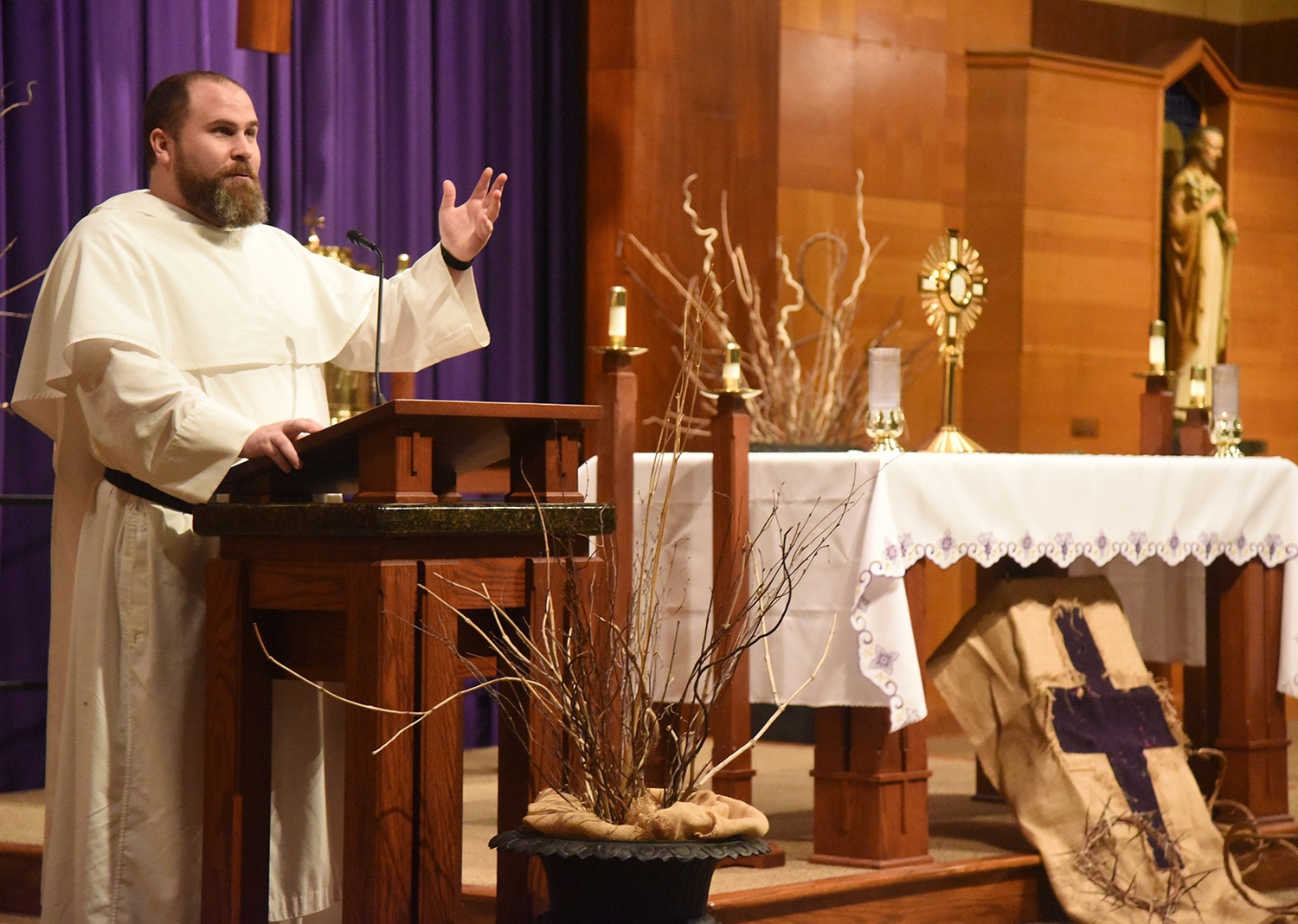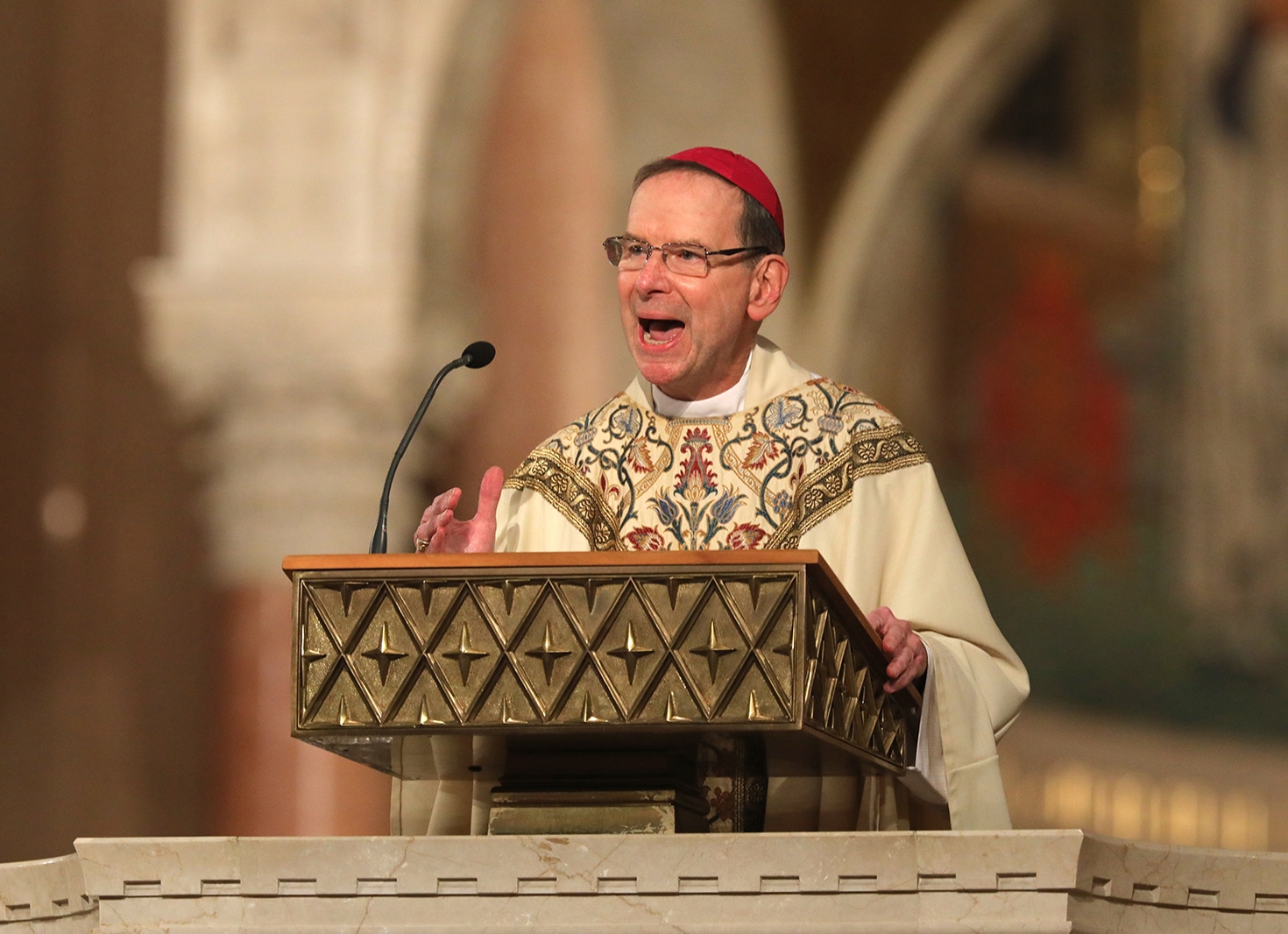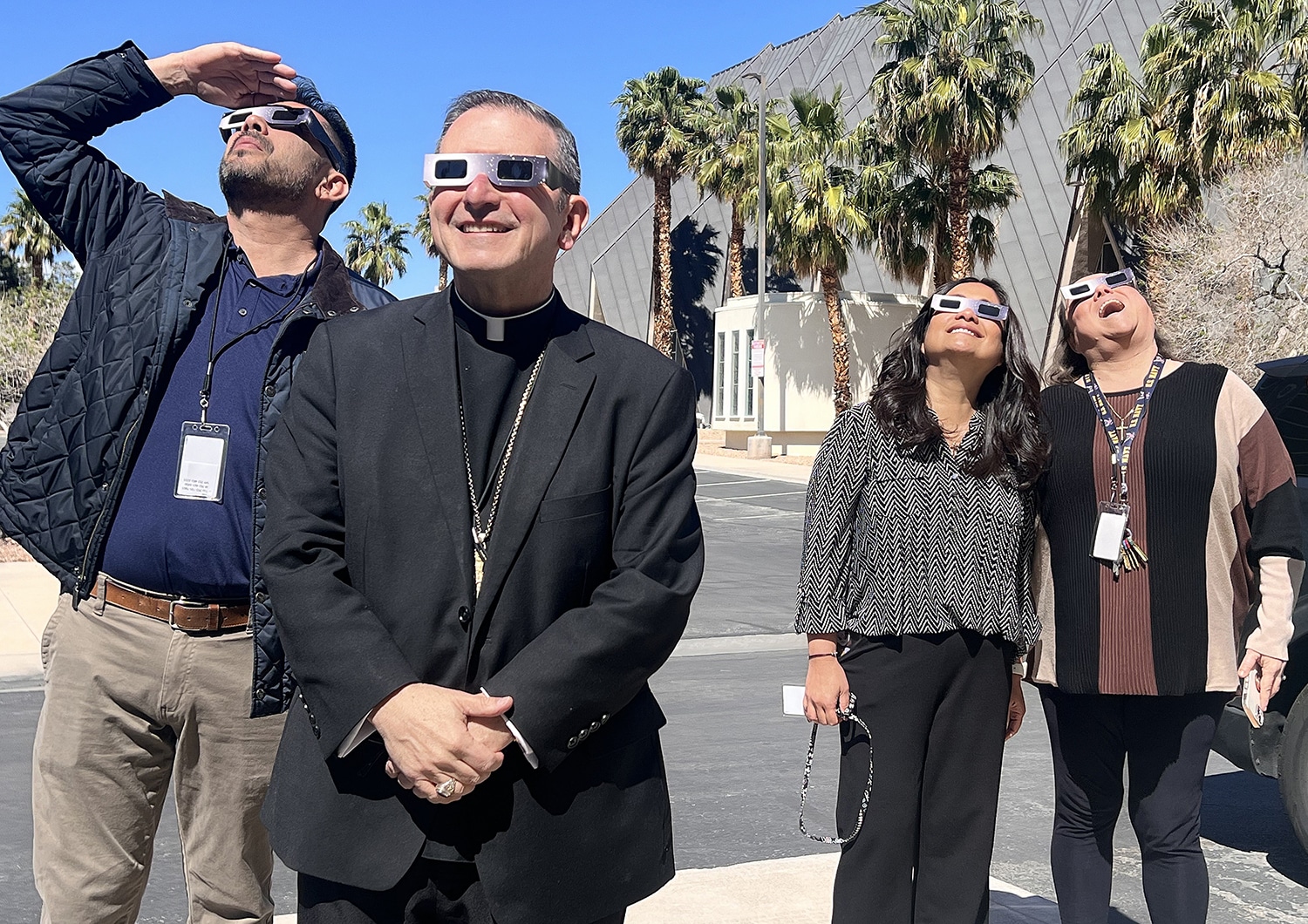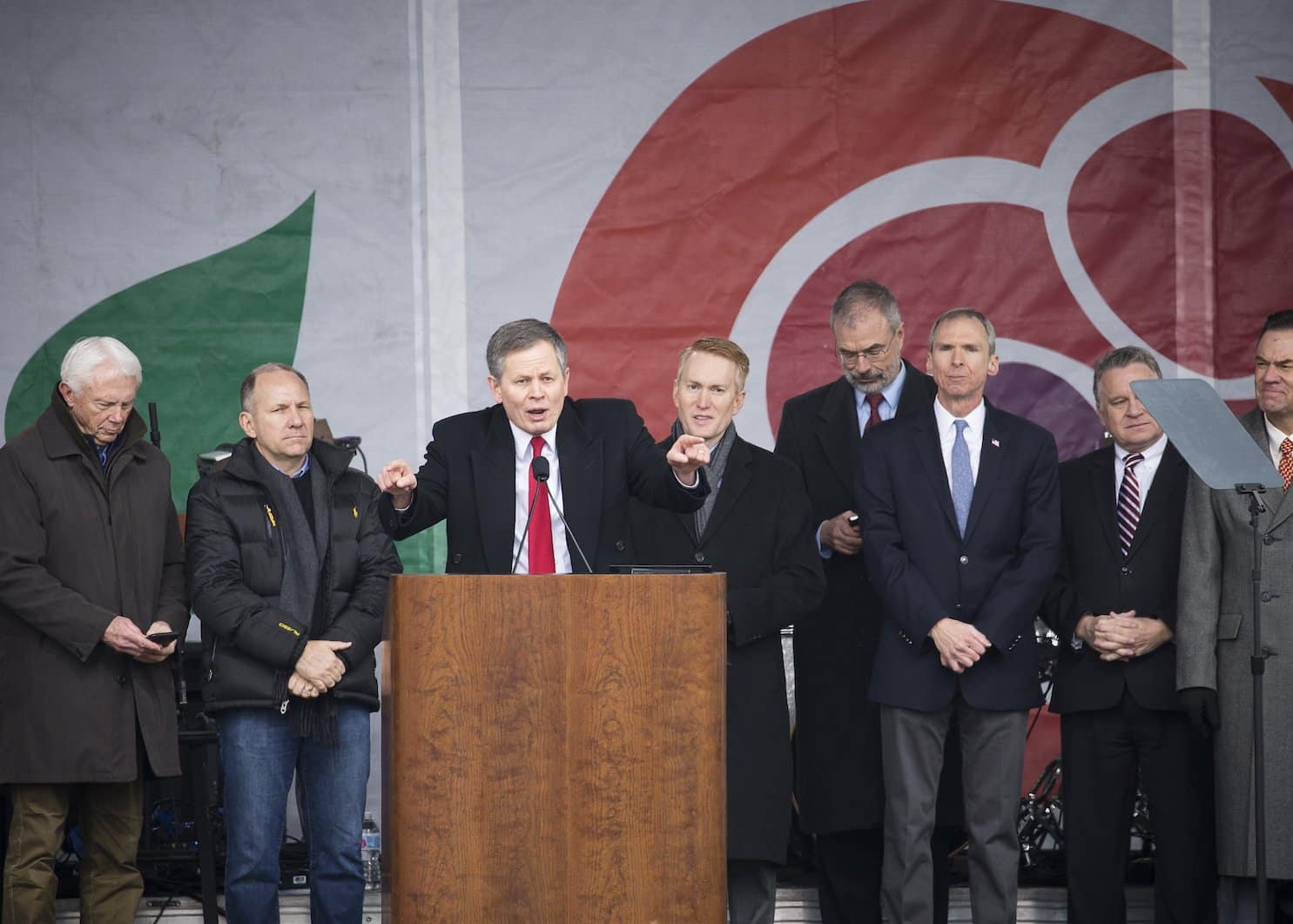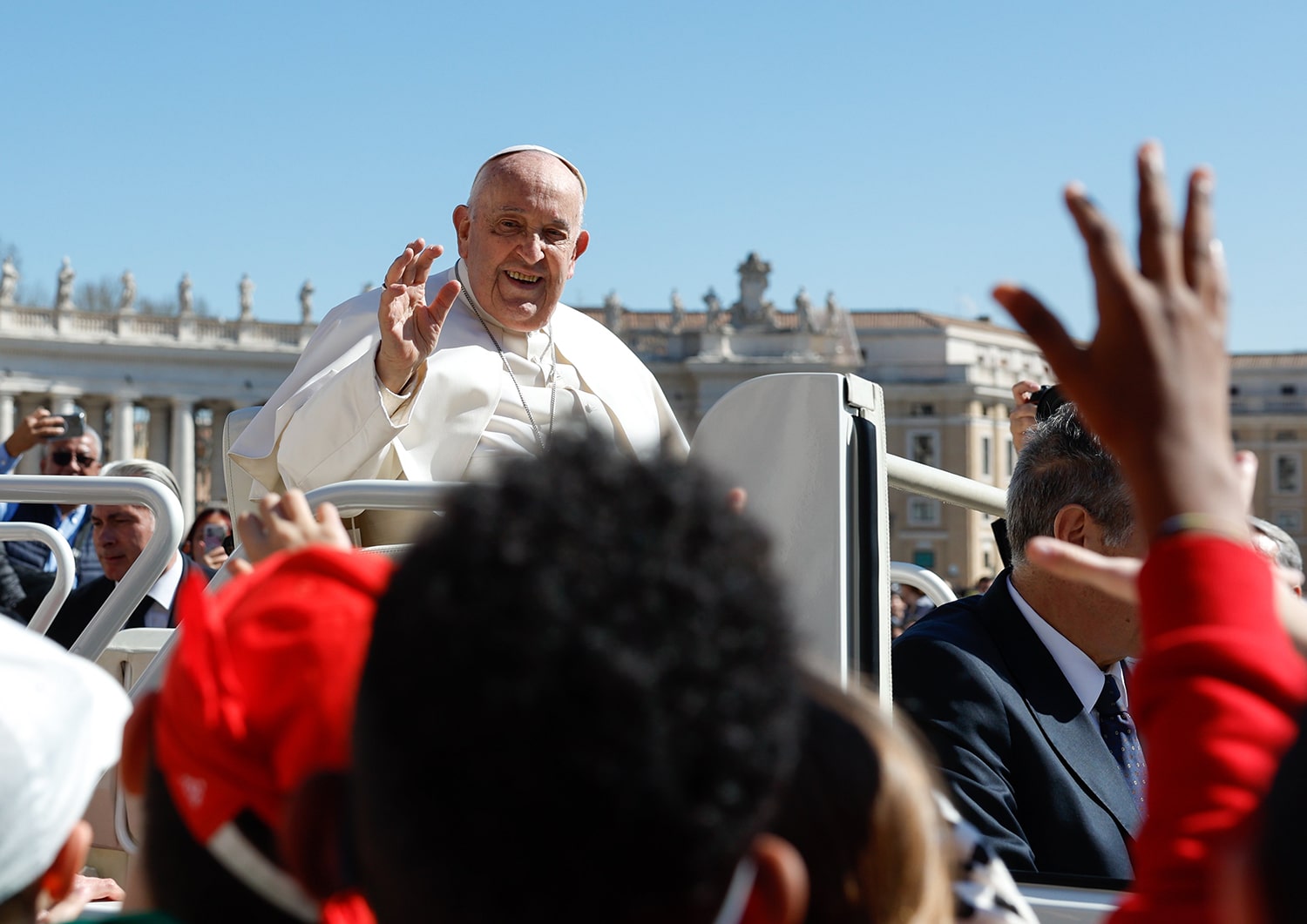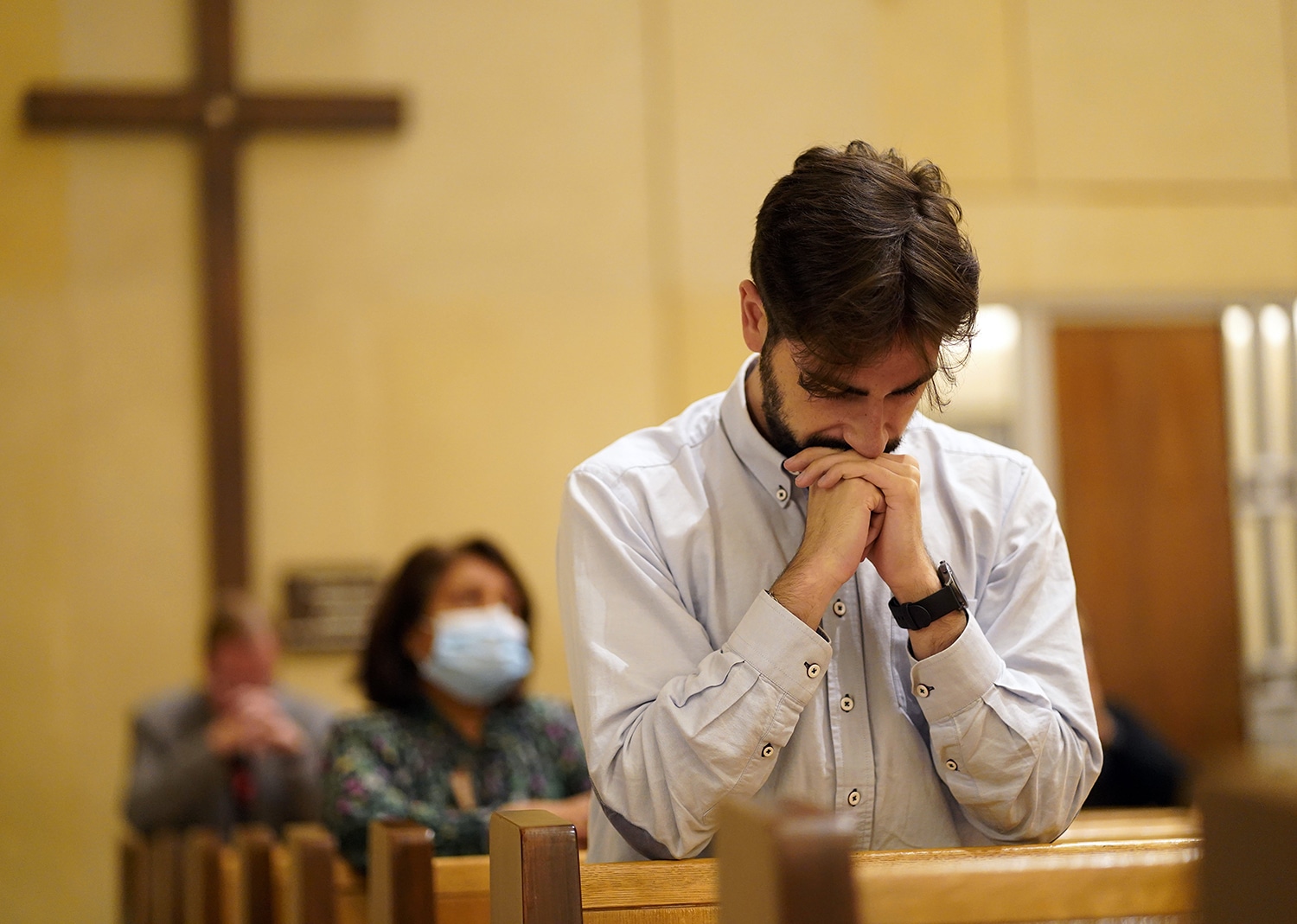(OSV News) — Participants in the National Eucharistic Congress and related National Eucharistic Pilgrimage now have opportunities to receive plenary indulgences, Archbishop Timothy P. Broglio, president of the U.S. Conference of Catholic Bishops, announced April 9.
“It is with gratitude to the Holy Father that we receive his Apostolic Blessing upon the participants in the National Eucharistic Congress, and for the opportunity for Catholics in our country to obtain a plenary indulgence by participating in the events of the Eucharistic Revival,” he said in a USCCB statement.
Plenary indulgences for participants
According to the statement, Archbishop Broglio, who also leads the U.S. Archdiocese for the Military Services, had requested that a plenary indulgence be available to Catholics who participate in the National Eucharistic Pilgrimage and that “he or another prelate be designated to impart the Apostolic Blessing with a Plenary Indulgence” to the faithful joining the National Eucharistic Congress.
The requests were granted in two separate decrees by the Apostolic Penitentiary, an office with the Church’s central administrative body known as the Roman Curia, which grants the use of indulgences “as expressions of divine mercy,” the statement said. Both decrees were approved by Pope Francis.
The congress and preceding pilgrimage are efforts of the National Eucharistic Revival, a three-year initiative of the U.S. bishops that began in 2022 to inspire greater understanding of and love for Jesus in the Eucharist. Held in Indianapolis July 17-21 at Lucas Oil Stadium, the congress aims to bring together tens of thousands of Catholics for liturgies, devotions and well-known Catholic speakers.
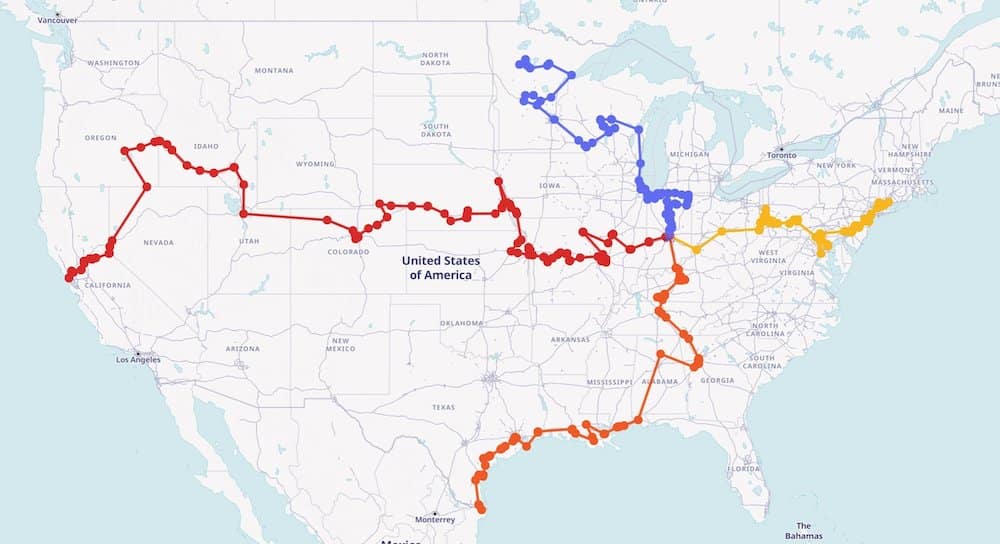
National Eucharistic Pilgrimage and Congress
Beginning the weekend of May 17-18, 24 young adults in four groups are traveling thousands of miles to the congress from starting points in California, Connecticut, Minnesota and Texas. Pilgrims in this National Eucharistic Pilgrimage plan to travel — often by foot — with the Eucharist in a monstrance, with stops along the routes for Mass and Eucharistic adoration at local parishes and national shrines. The “perpetual pilgrims” anticipate thousands of Catholics from across the country will join them at pilgrimage events or journey with them for segments of the routes.
Bishop Andrew H. Cozzens of Crookston, Minnesota, chair of the board of directors of the National Eucharistic Congress, told OSV News that the “tradition of giving an indulgence for pilgrimages and important celebrations is ancient.”
“We are grateful to the Holy Father through the Apostolic Penitentiary that offers this blessing to those who are seeking to grow in greater purity of heart through the National Eucharistic Pilgrimage and Congress,” he said. “These events will be great moments of conversion which this indulgence points to as we seek to be free from the effects of our sins. We are grateful for the Holy Father’s blessing on these events.
He added, “Pope Francis himself said that (the) ‘National Eucharistic Congress marks a significant moment in the life of the Church in the United States’ and he prayed that the National Eucharistic Congress would guide men and women throughout our country to the Lord who, by his presence among us, rekindles hope and renews life.”
Indulgence details
According to the Compendium of the Catechism of the Catholic Church, “Indulgences are the remission before God of the temporal punishment due to sins whose guilt has already been forgiven. The faithful Christian who is duly disposed gains the indulgence under prescribed conditions for either himself or the departed. Indulgences are granted through the ministry of the Church which, as the dispenser of the grace of redemption, distributes the treasury of the merits of Christ and the Saints.”
One may obtain indulgences for other people, but can only apply them to the souls in purgatory. One may also obtain the indulgence for oneself. But one cannot apply an indulgence to another living person; that person (unlike someone in purgatory) can still obtain one for himself or herself.
The plenary indulgence for National Eucharistic Pilgrimage is granted to anyone who participates in the pilgrimage between May 17 and July 16, as well as to elders, people with infirmities and “all those who cannot leave their homes for a serious reason and who participate in spirit with the National Eucharistic Pilgrimage, uniting their prayers, pains, or inconveniences with Christ and the pilgrimage,” the USCCB statement said. To receive the indulgence, an individual must fulfill the usual conditions: sacramental confession, Communion and prayer for the intentions of the Holy Father.
In granting the indulgence, the Apostolic Penitentiary requests that all priests with appropriate faculties “present themselves willingly and generously in administering the Sacrament of Penance” to pilgrimage participants, according to the statement.
The second decree of the papal blessing with plenary indulgence for the National Eucharistic Congress empowers Archbishop Broglio or another prelate assigned by him to impart it, following Mass, to the faithful participating in the congress. As is the case with the previous indulgence, Catholics must be truly repentant of their sins, be motivated by charity, and meet the usual conditions of sacramental confession, Communion and prayer for the intentions of the Holy Father.
However, Catholics who “due to reasonable circumstances and with pious intention” cannot be physically at the congress may also receive the indulgence if they have participated in Mass and received the blessing through media communications.
Year of Missionary Sending
“Through the efforts of the revival over the last two years, we have been building up to the pilgrimage and congress that will offer Catholics a chance to experience a profound, personal revival of faith in the Eucharist,” said Archbishop Broglio. “Pope Francis continues to encourage and support us as we seek to share Christ’s love with a world that is desperately in need of him.”
The National Eucharistic Revival continues after the congress through 2025 with a “Year of Missionary Sending.”

